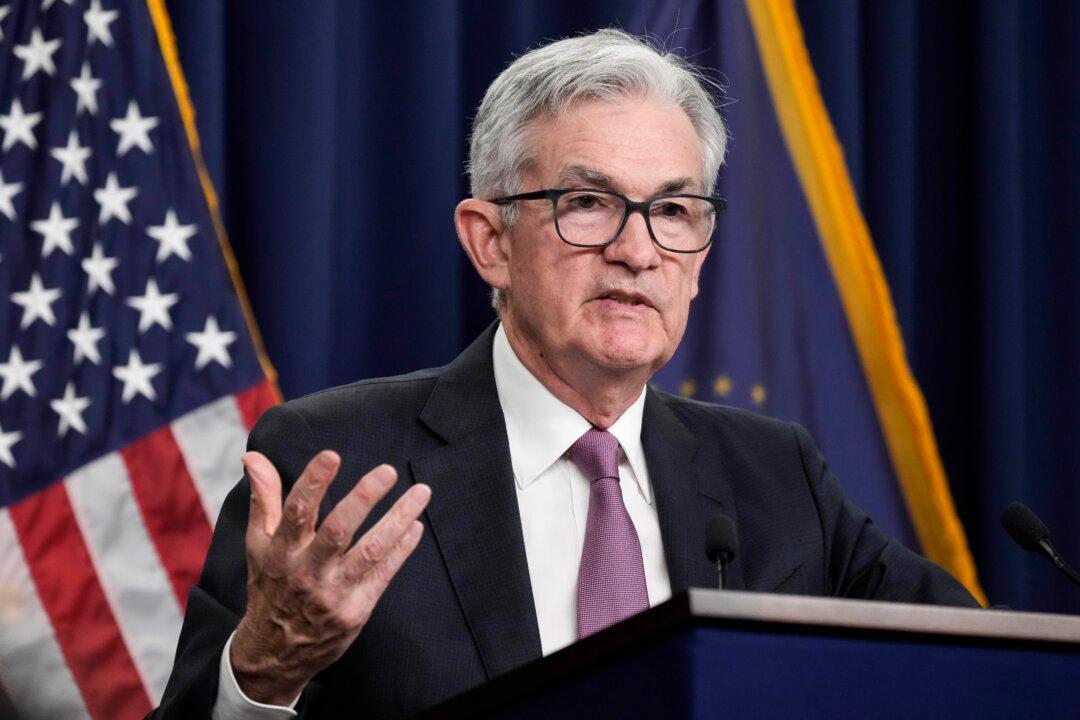According to eminent Wharton Business School professor Jeremy Siegel, Federal Reserve Chair Jerome Powell owes the American people an “apology” for his poor handling of monetary policy over the last couple of years.
In an interview with CNBC on Monday, Siegel purported that the central bank is now behaving too aggressively to combat inflation and will negatively affect U.S. workers during this tightening cycle.





